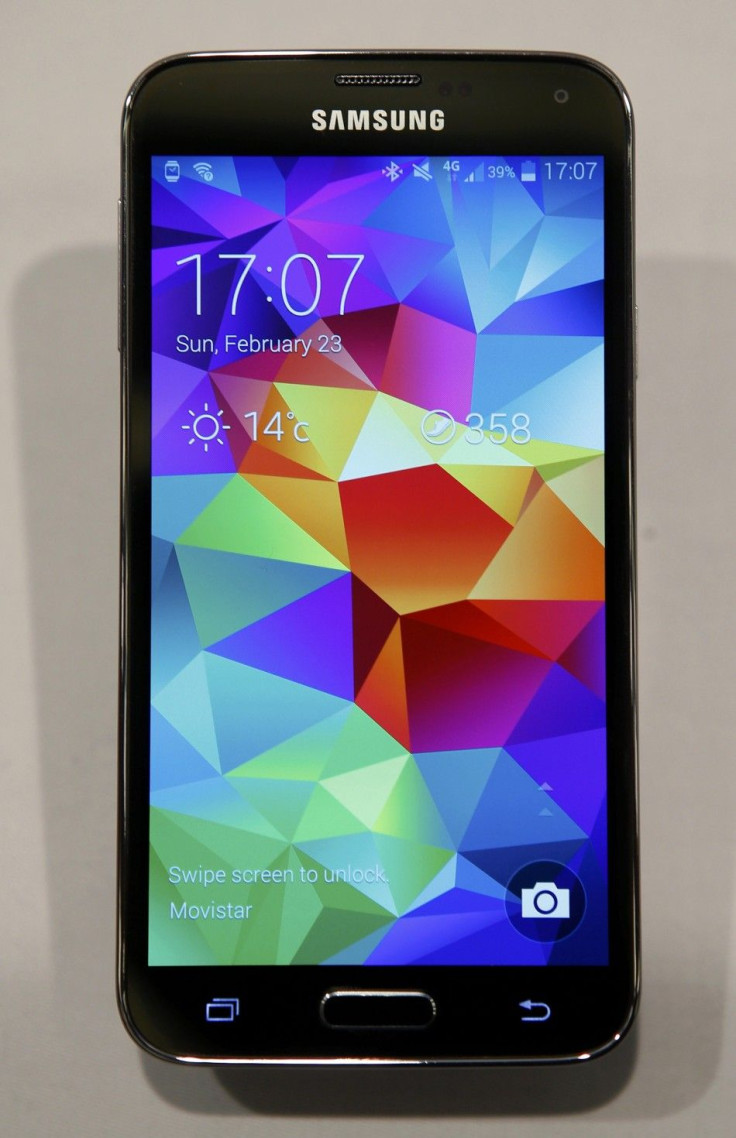Upcoming Samsung Smartphones to Feature 'Iris (Eye) Scanners'; Fingerprint Scanners to Debut in Budget Samsung Phones

Samsung, the South Korean multinational Company known for its innovation is taking smartphone security to a whole new level. The company intends to include 'Iris (Eye) Scanner Technology' to its future smartphones to provide additional layer of security, says The WSJ.
Iris (Eye) Scanner Technology
It is worth mentioning that, the company already has a mobile security platform named 'Knox', which was designed to give added workplace security to Samsung smartphones. Samsung might reportedly unify the Knox platform with the new iris scanning technology to enhance the security of smartphones.
According to Rhee In-jong, Samsung's senior vice president who heads Knox, the company is looking at several biometric authentication mechanisms to incorporate in its smartphones. The iris scanning looks like the most viable option.
In the meantime, there is good news for price conscious Samsung fans. The company is planning to bring the 'fingerprint sensors' feature to its low-cost phone models in future. Notably, even though the fingerprint sensors make it easier for users to unlock the phone without having to remember and type down the password; the feature is not without its flaws. Many security experts have criticized the devices' vulnerability to attacks and even the privacy setting features.
What is the Need for this Additional Security?
When Samsung released its flagship smartphone, the Galaxy S5, the fingerprint sensors were the target and hackers/researchers were able to dupe the underlying technology quite easily.
Other than the security experts, the US Senator Al Franken raised concerns pertaining to the Galaxy S5's fingerprint sensor. In a letter to the South Koran Multinational company, he expressed his doubts about the smartphones' vulnerability to grievous privacy violations. Additionally, he also opined that this vulnerability could lead to a wider range of concern, CNet reports.
In addition, the vice president of strategic services at IT security firm Rapid7, Nicholas Percoco had succinctly explained the vulnerability with a real-world example. Percoco said, finding the fingerprint password is not a herculean task owing to the fact that every area a user touches has the fingerprint imprinted on them.
In his own words (via Business Insider), "If you think about your fingerprint, every single thing you've touched since you woke up this morning has your password on it. So that's a problem."
These concerns are reason enough for Samsung to further explore biometric authentication options to make its devices fool-proof. The WSJ also said that, even though the iris scanner mechanism could only be introduced in the high-end phones at the beginning, the fingerprint scanners are expected to reach even the low-priced models of future phones from Samsung.





















